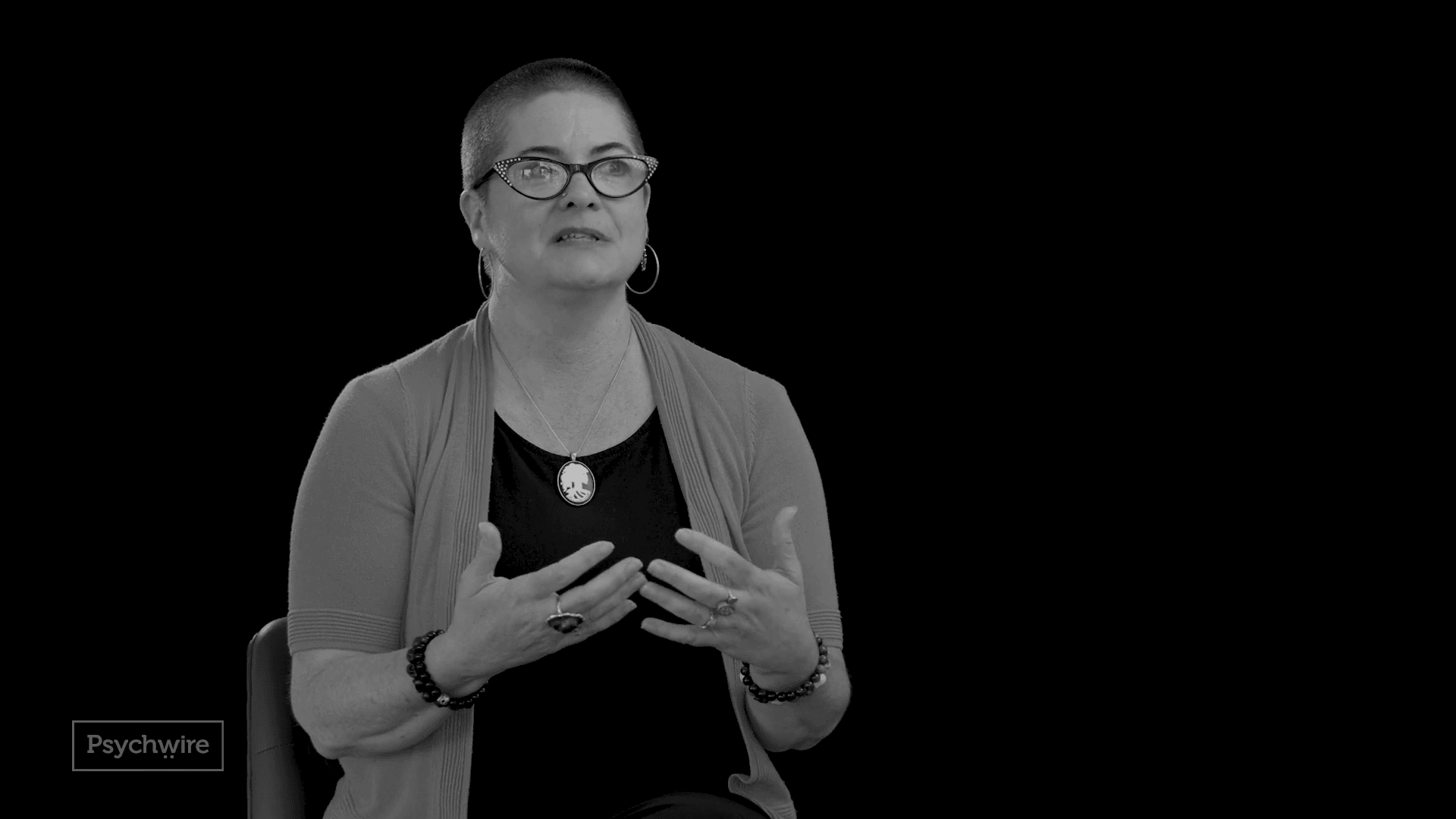
Emotion Exposure
 DBT Foundational
DBT FoundationalI think the thing I shake my fist at the heavens about the most is when people go cognitive instead of emotion focused, that, we are not the cognitive treatment, that I see people do a cognitive intervention, or they're like, tell me more about that. Why do you think that is? What's that coming from? What do you think about that? Is one set of questions, And where I want to see people go more is, so where is that in your body? What do you notice right now? How intense is that? Is it going up?
Is it going down? Is it staying the same? Because for this group of people, they find the experience of emotion aversive, it has been punished in them a lot. And so it isn't that I don't think that what they have to say about it is valuable, but there is a way in which that actually functions to avoid emotion, that talking about an emotion is not experiencing emotion. And so somebody once described to me that DBT clients are emotion phobic. I think this is a really useful term, that there's t his way in which any amount of emotion is a really hot burner for them.
Don't ask them about what they're sad about. Get them to be sad. This is the corrective experience that they need, is that I can cry. I can be heavy in my body. I can really wanna leave session. Right? I can have that experience and, okay, that's what it was.
It went up. It went down. Not just that they can withstand it, but that it has so much meaning and value. Like, I am such a booster for sadness that, like, if you're sad about something, it means it mattered to you. Like, that to me is about depth of experience. So it's, again, not just decreasing pathologizing emotion, but actually genuinely valuing emotion and seeing that emotion is so much a part of who we are and what we bring to the world. That is who we are to a large degree is what I care about, what gets my emotion up, what gives me joy, what makes me excited, what makes me angry, what makes me sad, all of that.
Look for opportunities in coaching and in, in-session, in skills group to say, yep. There's an emotion. What's that like? Yep. You're having an emotion. That certainly is useful and informative, and let's do that for a minute. So it's sort of this pause for in-session emotion exposure, I think, is the, the thing that I would most like to see that we start more tipping toward when you're at that choice point in therapy.
Are we going to talk about it, or are we going to experience it?